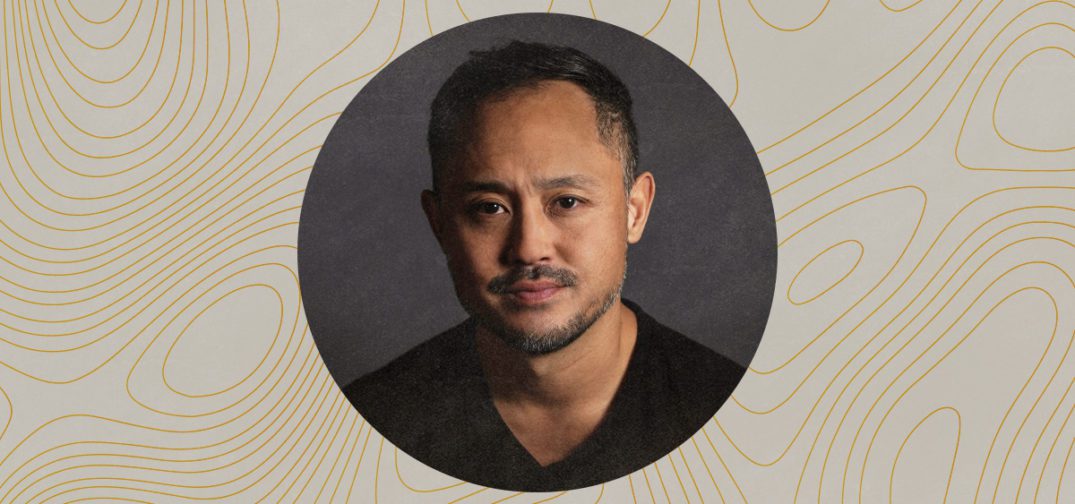A California-based company is pressuring lawmakers to address environmental concerns around waste-disposal methods in the cannabis industry. They’ve even begun to help clean up the problem — literally — by taking the trash out themselves.
With the cannabis space rapidly growing, many remain unaware about properly disposing of batteries, lighters, and other products that may be harmful to the Earth. Add to that the massive 2.12 billion tons of waste we already dump on the planet each year, and an already detrimental problem is being accelerated. Enter Vessel, a community-led cannabis company focused on elevating the cannabis consumption experience which recently announced its partnership with GAIACA Waste Revitalization, the nation’s first licensed cannabis waste disposal company. Ganjapreneur spoke with Vessel’s CEO and founder James Choe to discuss how the company is working to combat sustainability issues in the cannabis space, the products they’re creating to support the cause, and their “why” for putting people and the planet first.
James Choe proves there’s no shortage of innovation, in and out of the weed space. Twenty years and over 100 products later, the Bay Area native, now living in San Diego, has a new mission and line of products aimed at helping operators and consumers handle and revitalize their waste “in an environmentally friendly manner.”
“A lot of people have been using aluminum pipes,” Choe said. “Science will tell you smoking out of aluminum, including cans, is terrible for you.” He’s right, and Vessel has created a much safer solution for those with can-related pipe dreams. The Helix, for example, is Vessel’s non-toxic brass one-hitter, which uses a patent-pending double helix design that offers filtering, cooling, and a debris-free experience. Their inverted refillable lighter, called Carbon, also addresses the waste issue by eliminating the need to consistently throw lighters out thanks to its durable design, and it’s pretty damn chic, too.
For years, Vessel has helped other brands with product development and managing e-commerce; however, in the last five years, Vessel created a formula to cater to the different types of consumers, fixated on solving a particular recycling issue. “Vessel was never designed to be a vape company, “ Choe told Ganjapreneur. “It was designed to be synonymous with the best experience,” which includes how consumers deal with dead vapes or get rid of no longer functioning products.
Most vape pens consist of a lithium battery, which is a fire hazard when placed in the garbage or recycled. It is also illegal to just throw away rechargeables and most batteries. Through GAIACA, a site-specific waste management plan is developed for the respective operator and is properly licensed to dispose of hazardous and non-hazardous cannabis waste. Vessel works at the state level to get support.
In comparison to what we’ve learned about the disposal of nicotine products and triple-A batteries, Choe passionately insists that, “It’s not an excuse whether you’re a large company, billion-dollar public, or a start-up to ignore certain things that socially and environmentally are going to impact our lives.” Vessel takes the responsibility of limiting how much waste goes into landfills very seriously by “designing better quality products that last longer so that people aren’t burning through batteries or other products so quickly,” by making fully recyclable and sustainable packaging, and through a partnership with GAIACA to affect change not bothered by legacy — which is why Choe is hoping to launch this program in New York.
Since kicking off the initiative, Vessel drafted a model bill proposing waste regulation avenues and retained a Head of Social and Environmental Impact named Mitchell Colbert, who has seen success in cannabis waste regulation in Colorado. With the passion, the players, and the products, Vessel is well on its way to ensuring similar policy language is incorporated in the Big Apple. Why is the language so important? Choe says that over the years, bills started conflicting with one another because there was no foresight to know what was coming. He added, “In spirit, our team has put together the thoughtfulness to say we would like to implement recycling efforts not only at dispensary levels, maybe even general drop-off centers, and the mail-in program.” Until that can be established, Vessel got creative and offered a few options to make the world a little better, including coming out of their own pocket to dispose of other brands’ batteries.
Through tons of research and trying different batteries on the market, Choe says they designed a product that checked the box of “lifestyle, creating an array of different voltage settings to accommodate all oils and flavor profiles. We spent more to build a better product that just wouldn’t fail as quickly as everybody else. If we could keep five batteries from entering the garbage because you bought one of ours, we’ve at least taken care of some statistic to say there’s a way to do better.”
With the health of this planet barely holding on, “Collaboration is key,” Choe said. “The mission is too big for any one group to tackle. We need to celebrate diversity and difference, meaning we’re not trying to be all things to all people. That’s the beauty of it, everyone gets to choose their lanes.”
To learn more about Vessel, its products, and its initiatives, visit VesselBrand.com.
End
